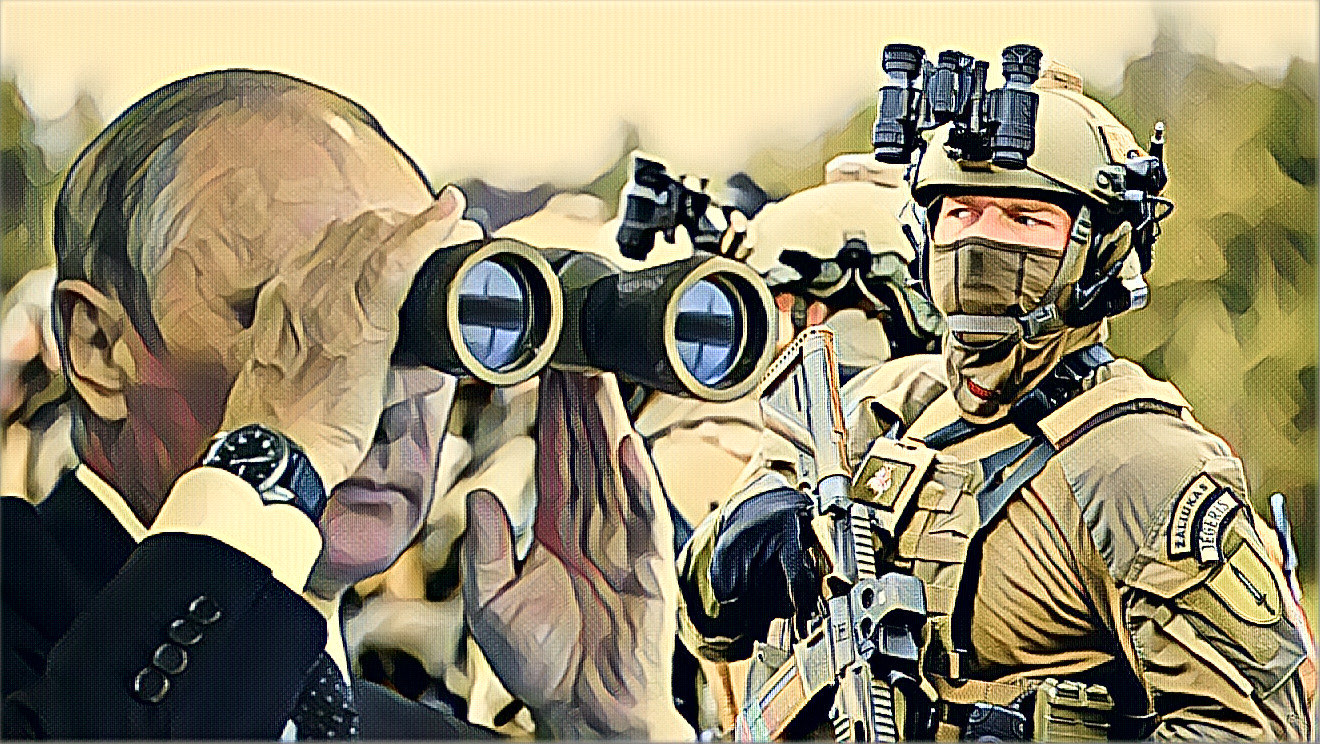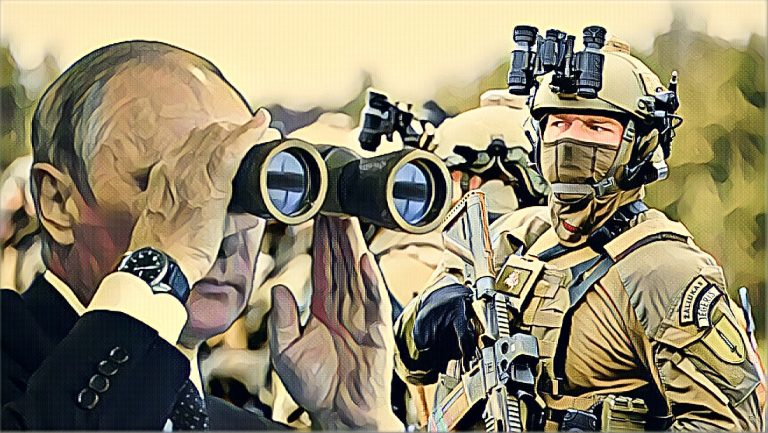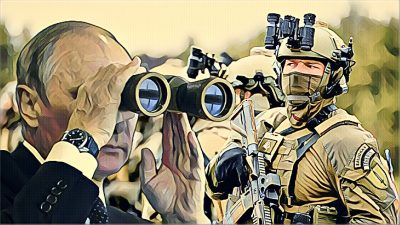Sergei Ezhov (The Insider)
Illustration: Siena 2024-12-02
Sergei Ezhov (The Insider)
Illustration: Siena 2024-12-02
Two days before Russia began its full-scale invasion of Ukraine, an elite Lithuanian military unit procured a total of six safes to store classified information. Now, a joint investigation by The Insider (Russia) and Siena (Lithuania) shows that the equipment was provided by a Russian-owned company with ties to the Russian military industry.
UAB Eurosafe LT is a Lithuanian company of entirely EU-based capital — or so seems. Eurosafe is controlled by a holding company in Poland, and its ultimate beneficiaries are Polish and Romanian citizens. However, the two principal owners of the company are in fact Russian nationals.
These findings came as a shock to the Lithuanian minister of defense. “I think those safes have to be carried the hell out [of the military premises], no doubt,” Laurynas Kasčiūnas told Siena.
The findings were soon confirmed by Lithuania’s military intelligence. Based on this, Kasčiūnas decided to blacklist Eurosafe LT. The company is now officially banned from participating in public procurements for the Lithuanian military and institutions under the Ministry of Defense.
Russians from Poland and Romania
Eugeniusz Pietrow, a Polish citizen listed as the principal beneficiary of Eurosafe, is also known as Yevgeny Petrov – the principal shareholder of Russia’s Promet group, a chain of companies that provides both safes and ammunition storage equipment to the Russian military. Petrov’s partner, Konstantin Smirnov, is also a Russian citizen.
However, Eurosafe LT claims that he is a citizen of Romania.
In Russia, Pietrow/Petrov and Smirnov run Promet, a group of companies specializing in safes, storage equipment, and more. Promet is a regular participant at Armiya, an annual Russian military industry expo. For instance, in 2017, Promet representatives went to the expo to present its state-of-the-art fireproof crates, intended to store ammunition for Grad, a Russian rocket artillery system, widely used against Ukraine ever since the full-scale invasion began in February 2022.
Promet is based in the Tula region, where it received significant support from the local administration, including the governor Aleksey Dyumin, the former head of the Russian military’s Special Operations Forces, which played a major role in the annexation of Crimea. According to Russian media, Dyumin was also the mastermind who managed to get Viktor Yanukovych out of Ukraine after the Maidan revolution.
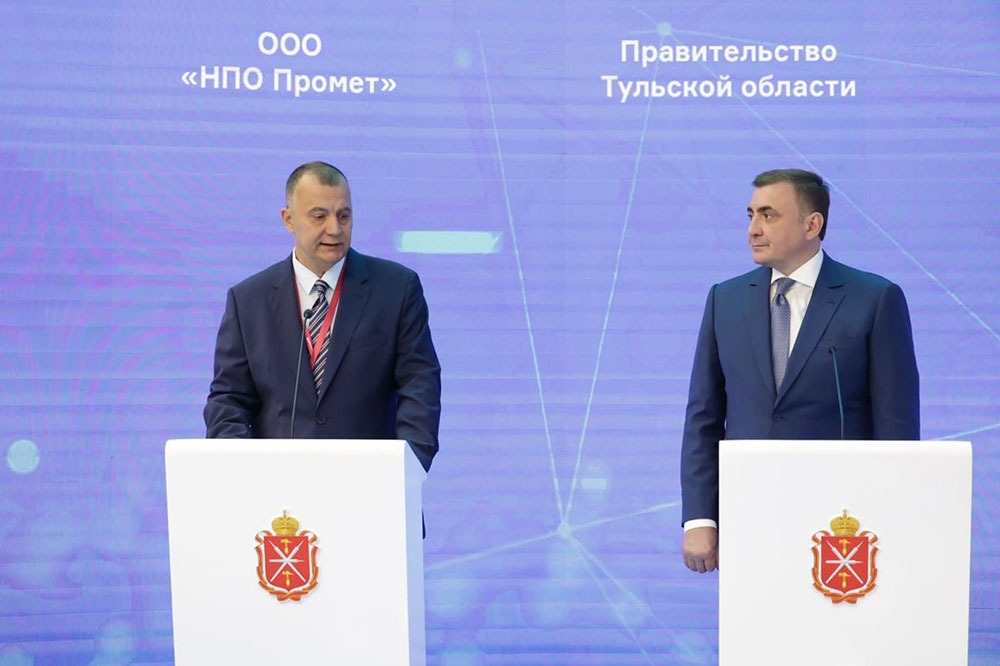
Yevgeny Petrov (left) and Aleksey Dyumin. Source: invest-tula.com
Data collected by The Insider shows that Promet and affiliated companies have won public tenders to supply equipment to various parts of the Russian military complex.
Petrov also owns a company in the occupied Crimean peninsula. The company supplies both the local military and the Russian-installed administration. Echoing the name of its Lithuanian affiliate, the company is called Eurosafe Krym.
Keeping Secrets Safe
At least two Lithuanian military units hired Eurosafe LT to deliver and install safes to store classified information. On February 22, 2022, the Special Operations Battalion bought a total of six safes: four for storing confidential information, marked “KF,” and two more for documents marked with “S,” which stand for secret.
Eurosafe has also provided the Lithuanian military’s medical unit two safes for classified information. The contract, signed in mid-2021, does not specify the classification level of the information to be stored in the safes.
In spite of its Russian ownership, Eurosafe LT has successfully bid in public tenders for multiple Lithuanian military units and various state institutions, both before February 2022 and after. Publicly available data shows that the company has won around 100 tenders worth just below € 500,000.
Eurosafe’s Lithuanian clients include the government administration, Prosecutor General’s Office, and two agencies under the Ministry of Defense, one of which is directly responsible for some of the largest procurements for the Lithuanian military. Eurosafe also got access to the Dignitary Protection Service — a state agency in charge of security for foreign delegates as well as the Lithuanian president, prime minister, and the speaker of Lithuania’s parliament.
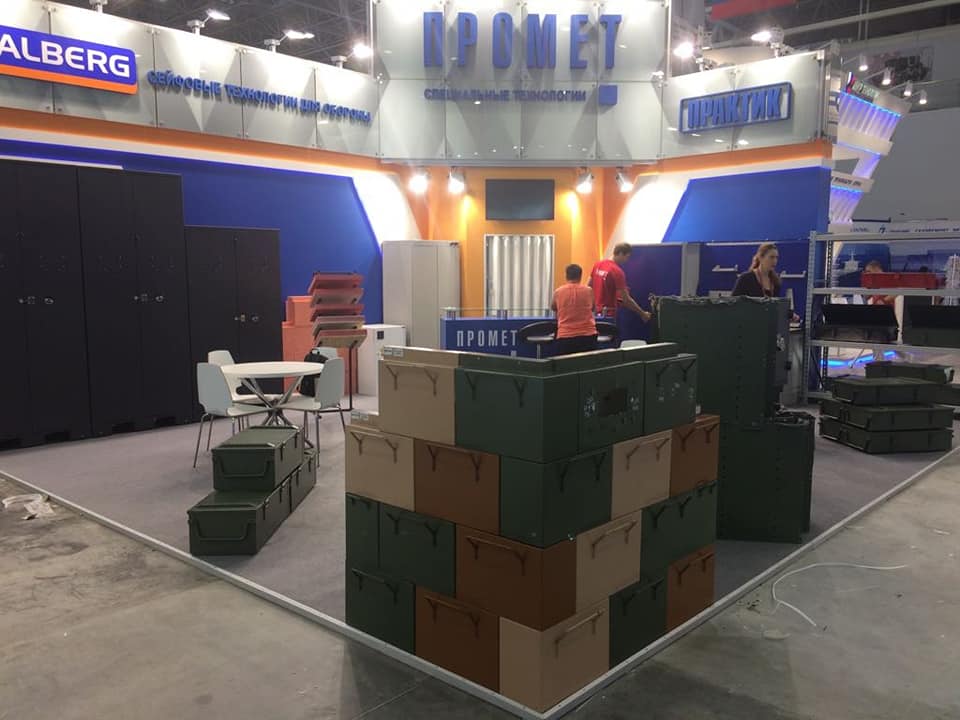
Promet stand at the Russian Armiya exhibition (company photo)
Laurynas Kasčiūnas, Lithuania’s minister of defense, admitted that this was a major security breach.
“This is a Russian company tied to the regime and the military industry — the fact that we’re buying something from them is bad by itself. It crosses the line and amends have to be made. And if they had access to our premises and could have been peeking around — that causes various risks, including intelligence-related ones. A separate investigation is needed here,” Kasčiūnas told Siena.
The minister claims Eurosafe’s ownership might have gone under the radar due to the fact that the company was only bidding on relatively small public tenders. However, In Kasčiūnas’s opinion, legislative adjustments are needed to tighten the security requirements on the small tenders as well, and Eurosafe is the reason that they need to do so.
According to the minister, a separate investigation into Eurosafe’s activities has to be launched, and their safes will be going “out the window”.
Nerijus Micevičius, the director of Eurosafe LT, claims to have had no knowledge of Petrov’s Russian citizenship or his business activities in Russia.
“The shareholder of UAB Eurosafe is Promet Safe Sp.o.o (a limited liability company in Poland). The shareholders and beneficiaries of this company are/were the Polish and Romanian citizens you mentioned. I wouldn’t have had the legal reason to obtain the information on the possible dual citizenship of these individuals. (…) I have no knowledge of their activities in other countries,” he said in a written statement to Siena.
Micevičius says he fully supports Ukraine and claims to have personally contributed to the Ukrainian side of the conflict.
“UAB Eurosafe and its employees have supported Ukraine and its citizens ever since the beginning of the war and are still doing it,” he said.
In turn, Yevgeny Petrov said he had no knowledge of his Lithuanian company’s activities, since “the numbers are laughable” (meaning the company is a relatively small one). Polish and Russian citizen Petrov refused to indicate which country he resides in.
Polish. Not Really
This isn’t the first time a Russian-owned business gained access to sensitive objects in Lithuania by portraying its owners as Polish nationals. One of the biggest cases was that of Sergey Petrov, who used his Polish passport to dodge Lithuania’s security measures.
Petrov used to own UAB Eksortus, a Lithuanian engineering company that participated in — and won — a public bidding process related to the defunct Ignalina nuclear power plant (NPP). Shut down in 2009, the Chernobyl-type NPP is still being slowly dismantled, and Eksortus was hired to deliver both goods and services, gaining access to the construction of Ignalina’s nuclear waste storage facility.
In the summer of 2022, when the contract was signed, Lithuania had already put in place legislative measures that allow for excluding Russian-owned businesses from public bids on highly sensitive institutions and state-owned companies. However, data provided by the company to the Lithuanian registry shows no Russian national called Sergey Petrov. Instead there was Sergiusz Pietrosz – a citizen of Poland and a shareholder of Eksortus from January 2019 to October 2022.
In collaboration with Lviv Media in Ukraine, Siena published these findings in the autumn of 2023. At the time, the administration of the Ignalina NPP stated that it was not aware of Pietrosz’s Russian passport.
Now the NPP’s administration claims the story resulted in a criminal investigation and the termination of two contracts with Eksortus, worth a total of 262,000 euros. However, by the time the contracts were terminated, most of the money had already been spent. The NPP’s administration says it intends to retrieve at least 45,000 euros of the total amount from Eksortus.
Petrov, sporting at least dual citizenship, uses three different spellings of his name. In different situations and companies he could be: Sergey Petrov, Siergiej Pietrow or Siergiusz Pietrosz, with the latter two emphasizing his Polishness. But the story doesn’t end with him.
His family appeared to be a key element of the so-called Visa Affair in Poland. In 2023, Polish authorities and journalists uncovered an ongoing scheme: illegally selling Polish visas to foreign citizens. Prosecutors and a parliamentary commission of inquiry are still investigating the affair, but it has already abruptly ended a few political careers (mainly that of then-Deputy Minister of Foreign Affairs Piotr Wawrzyk) and was one of the main topics of the campaign before the Polish parliamentary election of October 2023.
The most significant part of it took place in Polish consulates and embassies in Africa and Asia, but the parliamentary commission also uncovered some Russian connections to the case. On June 19, 2020, the Polish embassy in Tallinn received an email inquiry about the status of the citizenship applications of Alexey Petrov and Natalia Aru. No, the same surname wasn’t a coincidence: it was Sergey Petrov’s (a.k.a. Sergiusz Pietrosz) son, and his partner. The message stressed that their applications were “particularly important and urgent.” It was written by Maciej Lisowski , an assistant of Lech Kołakowski — an MP from the then-ruling party Law and Justice (PiS).
A Polish MP paving the way to citizenship for the son of a Russian businessman? Lech Kołakowski later became the deputy minister of agriculture and was a central figure in the Visa Affair. Lisowski, the assistant who wrote the urgent email to Tallinn, was at the same time running a job agency, which recruited foreigners to work on Polish fields (mainly picking fruit). The job agency was located at the same address as Kołakowski’s parliamentary office. Kołakowski stated he paid Lisowskii a staggeringly low fee — about 12€ a month — for using an apartment in the center of Warsaw.
Was Alexey Petrov coming to Poland to pick blueberries? That seemed highly unlikely to the parliamentary commission that questioned Kołakowski on March 19 2024. When asked why he was helping Alexey Petrov become a Polish citizen, the former MP and minister replied, “ don’t remember,” and insisted that everything he did was for the sake of Polish agriculture. Lisowski himself did not attend the hearing. Instead, he submitted a medical release stating that he cannot be questioned until the end of 2024.
This investigation was originally published by Siena and The Insider.
Subscribe to Goulash, our original VSquare newsletter that delivers the best investigative journalism from Central Europe straight to your inbox!

